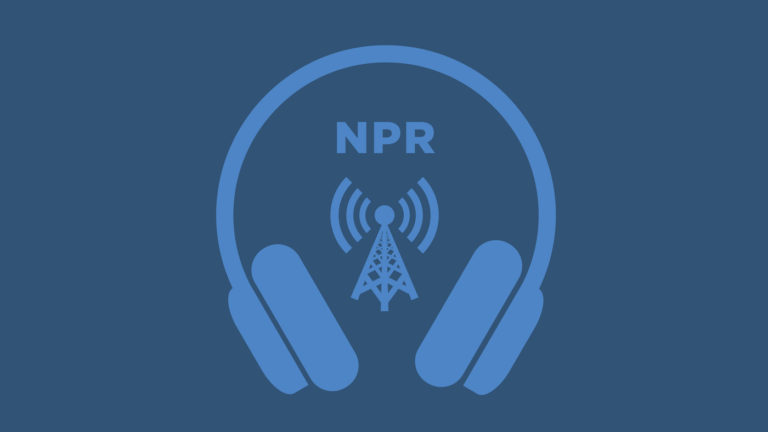

The Arkansas Senate passed a bill that would bar access to trans healthcare for minors. NPR’s Ailsa Chang talks with journalist Katelyn Burns about the wave of anti-trans legislation around the U.S.
AILSA CHANG, HOST:
The Arkansas Senate has passed what the ACLU calls, quote, “the most extreme anti-trans law to ever pass through a state legislature.” It is now being sent to the desk of Republican Governor Asa Hutchinson, who last week signed a bill that would ban trans women and girls from participating in sports consistent with their gender identity. Here to talk with us about anti-trans legislation across the country is journalist Katelyn Burns.
Welcome.
KATELYN BURNS: Thank you for having me.
CHANG: Can you just start us off by telling us a little more about this bill in Arkansas? What would it do exactly?
BURNS: Yeah. So this bill is one of many that have been introduced in conservative state legislatures all over the country, but it’s the first one to pass. What it essentially does is it bans transgender minors – so anybody under the age of 18 – from being able to access trans-affirming care. So we’re talking about puberty blockers for younger teens. And we’re talking about hormone replacement therapy for older teens. Surgery typically is not done on teenagers. Though the bill alludes directly to surgery, that is kind of a moot point.
CHANG: And do you fully expect it to be signed by Governor Hutchinson?
BURNS: We have no reason to believe that he wouldn’t sign it.
CHANG: Now, this other legislation we mentioned, the ban in Arkansas on trans women and girls competing in women’s sports, came around the same time as similar restrictions in South Dakota. Can you just talk about what are the justifications that these state lawmakers are giving for restricting the rights of trans people in sports?
BURNS: So this is another outgrowth of their broader culture war against trans people. If you remember, after marriage equality was passed into law by the Supreme Court, what the religious right then did was sort of start ignoring lesbian and gay and bisexual people and focus all of their attention on trans people. So in 2016, you know, the bathroom bill in North Carolina that passed, you had all these states trying to institute bathroom bills. That effort largely spectacularly failed and actually increased Americans’ knowledge and sympathy towards the trans community. So what they’ve done is they’ve moved on to more sort of fringe issues that poll better for them. And one of them happens to be the sports issue.
CHANG: But help me understand something, Katelyn, because according to the Public Religion Research Institute, three-quarters of Americans support LGBTQ protections. So why do you think we’re seeing such a significant wave of anti-trans legislation on the local level?
BURNS: There’s been a very concerted effort on the far right to divide the T from the rest of the LGBT. So somebody who ostensibly leans liberal, maybe has gay relatives or friends or long ago accepted marriage equality, like, they think they know what’s up with all of this stuff. But then when you start drilling down on these more difficult questions, like should we allow trans children to transition or trans teens to transition, the polling all of a sudden starts moving, right? And you see this especially with the trans kids and also the trans athlete question. So it’s – I think it’s easier to sort of thread in anti-trans propaganda that sort of turns the polling a little bit.
CHANG: That is journalist Katelyn Burns. Her podcast is called “Cancel Me, Daddy.”
Thank you very much for joining us.
BURNS: Thank you.
Copyright © 2021 NPR. All rights reserved. Visit our website terms of use and permissions pages at www.npr.org for further information.
NPR transcripts are created on a rush deadline by Verb8tm, Inc., an NPR contractor, and produced using a proprietary transcription process developed with NPR. This text may not be in its final form and may be updated or revised in the future. Accuracy and availability may vary. The authoritative record of NPR’s programming is the audio record.